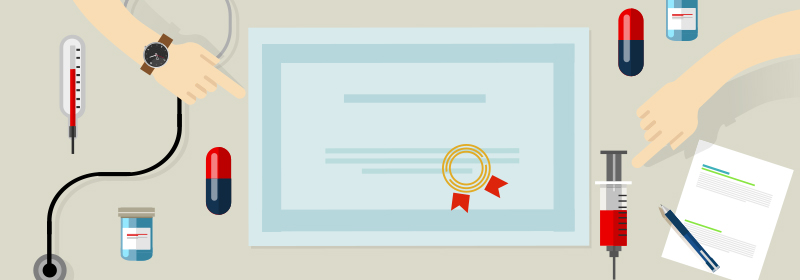Department Introduction
Medial Quality | Our Speciality
:::

Our Speciality
Monitoring of the medical quality index
The medical quality index refers to the measurement of quantification of patients' medical care in a certain aspect, which can be regarded as a basis for detecting, evaluating, and improving the quality and appropriateness of medical care. Quantifiable measurement of a care process or an outcome can be used as a framework for continuous improvement.
The medical care quality index has three aspects: 1) structure; 2) process, and 3) outcome; for example, the incidence of falls in emergency patients, the rate of surgical wound infection, the survival rate of emergency treatment in the intensive care unit, the rate of re-hospitalization within 14 days, and so on.
We promoted the formulation of the universal medical quality indicators in the hospital and set up an index management system platform, on which we carry out informational monitoring of the quality indicators in the whole hospital and the status of achievement of the indices in the departments, as well as regularly offer these data as a reference for the directors and staff in the hospital, with the goal of working together to improve medical quality.
We also assist in the formulation of departmental medical quality indicators. Each department sets one to two important and representative quality indicators and thresholds. If data exceed the threshold, the staff in the counselling division will review and make improvements.

Co-organization of integrated holistic medical services in hospital
In 2009, the department furthered the team integration of medical care. Many professionals set up a medical team, employing leadership, mutual assistance, condition monitoring and communication to achieve the purpose of active evaluation, coordination and integration, information sharing, and accurate information exchange, as well as assisting the patients and their families to participate in the discussion and decision-making of the disease so that the patients can obtain the most appropriate medical care quality.
The department currently admits over 500 persons per quarter, with high overall satisfaction of patients.
Practice of SOPs
Providing complete medical care for patients requires the joint efforts of medical, nursing, medical skills, and administrative teams. The operating procedures of offering care need to be standardized so as to improve the management of medical operations and the quality of medical care. The hospital continuously promotes the standard operating procedures (SOPs) and divides the standard categories into three types: operating procedures, care standards, and technical standards, and its departments and units regularly examines the appropriateness and correctness of the contents, which are applied to the care process of clinical patients.
We have drawn up nearly 4,000 standard operating procedures (SOPs) with comprehensive informationization, which provides the basis for the staff to perform their work.
Patient safety
We have established a hospital-based patient safety notification system since 2003 and drew up the incentive measures for voluntary notification of patient safety in 2004.
The department's patient safety promotion team convenes a monthly meeting on patient safety-related events. According to the patient safety work objectives set by the Joint Commission International (JCI) and the Department of Health, the department developed an implementation strategy to carry out patient safety operations.
The departments have special schemes for patient safety indicators due to medical nature, such as avoiding drug errors; implementing nosocomial infection control; eliminate operative site errors, patient errors, and operative procedure errors; avoiding patient identification errors; prevent patients from falling.
Internal and external customer satisfaction surveys
We regularly conduct outpatient service satisfaction surveys, emergency satisfaction surveys, hospitalization satisfaction surveys, and employee satisfaction surveys, and track the improvement of each unit to improve customer satisfaction. The external customer satisfaction survey is conducted twice a year, while the employee satisfaction survey once a year.
Suggestion system
Since 1998 when the department pushed the suggestion system, more than 7,000 effective suggestions have been proposed. At the early stage of the establishment, it submitted written suggestions. In 2001, it changed to intranet electronic form to reduce paper printing and respond to energy saving and carbon reduction, and shorten the delivery time of written data.
▲
